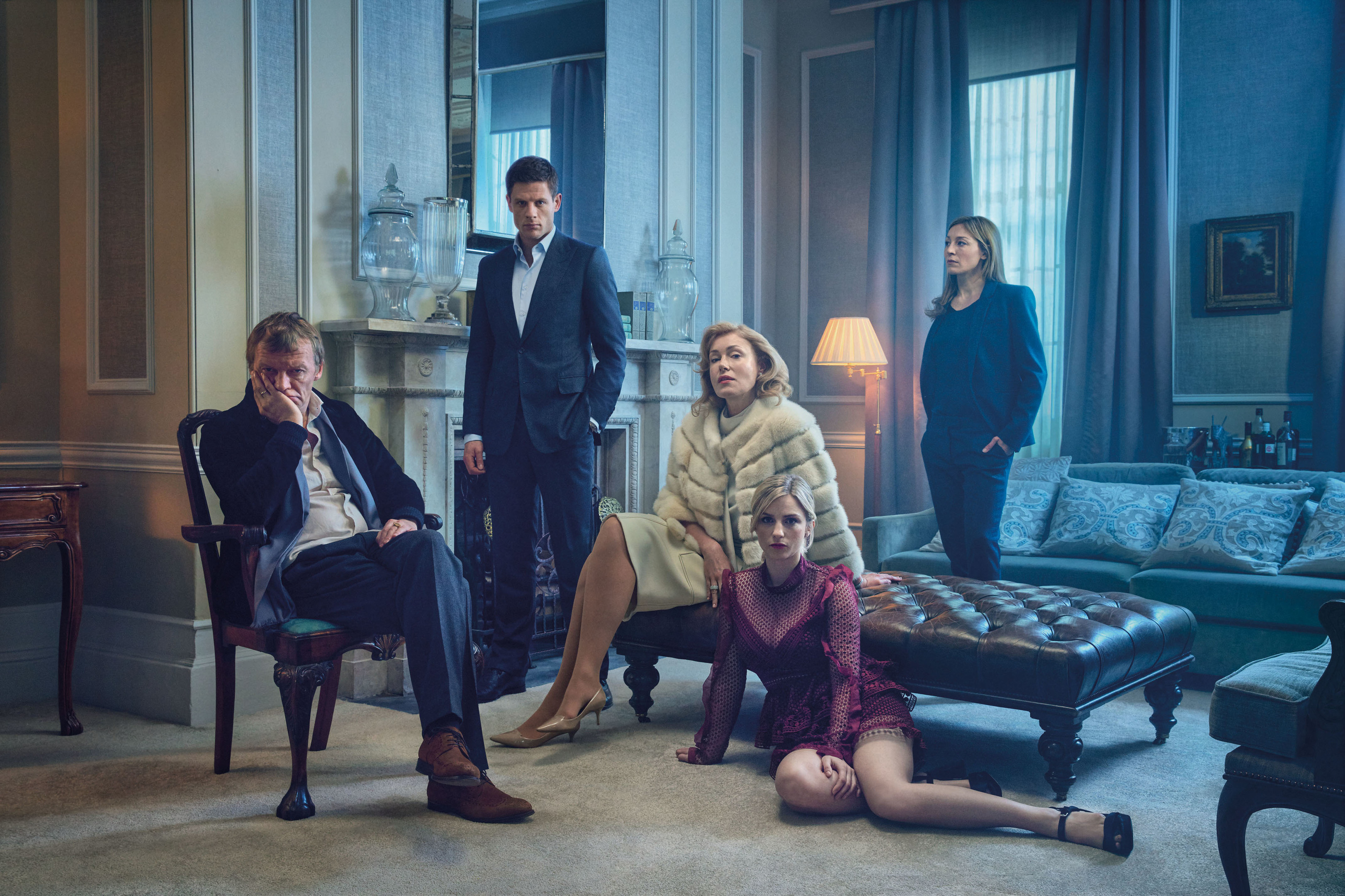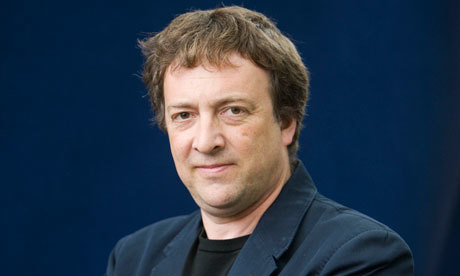
SCOTLAND has become a key laundry rinsing the dirty billions of Russian gangsters, according to the creator of TV drama McMafia.
The BBC series – starring James Norton, now tipped to be the next James Bond – tells the story of an exiled Russian family living in the UK and their quest to shake off mob ties.
Norton’s financier Alex Godman – the son of an oligarch – becomes embroiled with the Russian mafia when he is forced to move the mob’s money around the world because of family loyalties.
The BBC show is based on the McMafia book written by Misha Glenny and inspired by his investigation into global organised crime.
The title reflects how organised crime has evolved into an international business based on a franchise system like McDonald’s.
Award-winning journalist Misha says that, while a lot has changed in the decade since he wrote the book, many things have remained the same.
He said: “You won’t see the Russian mafia on the streets in the UK, dealing drugs or running prostitution rings like they do in other countries.
“When I wrote the book it was against a background of Russian oligarchs – many of whom had realised their massive wealth thanks to criminal activity – controlling the presidency in Russia.
“Now, Putin controls the oligarchs.
“The Russian mafia have had interests in the UK for a long time but we are starting to understand it better – be it in their ownership of UK property or in using companies to launder cash.
“In Britain, they want to fly under the radar and don’t want to draw the media’s attention.
“Their influence is more subtle. But their presence here is just as insidious and evasive.
“And using our financial structures as a way of legitimising their cash is one of the keys.
“Being able to use structures like Scottish Limited Partnerships has helped them hide who they are while moving cash and making it clean.”
Scottish Limited Partnerships are seen as ideal vehicles for organised criminals by allowing them to hide their identity.
Unlike their English counterparts, they can also be used to move money – an important facility for the mob.
In the last few years SLP structures have been linked to a number of high-profile frauds worth billions in Eastern Europe.
Investigators believe a few SLPs played an essential role in the frauds. Last year, the UK Government promised to crack down on their misuse by fining firms who failed to comply with new rules brought in to ensure owners are declared.
But, in a Sunday Post probe last year, a third of 60 SLPs we looked at were still refusing to go along with the new laws.
Author Misha said: “These firms are like Russian dolls – they link to each other and can make it impossible for investigators and law enforcement agencies to find out who really owns them.
“It makes it ideal for organised crime.
“Campaign groups have done a lot to pull down the secrecy surrounding money laundering but it can be like an impossible task. The response to the TV series has been superb and while it’s a drama, it outlines how organised crime is international and infects ways of life around the world – from Brazil to Britain.
“The leaks from the Panama and Paradise Papers in recent years have exposed the scandal of how organised criminals – and even corrupt officials and simply rich people – are hiding their cash offshore.
“There’s growing public anger around it that can hopefully change things.”
In November, we told how a nondescript tenement in Edinburgh was the registered HQ for a Russian company that turned over £700m in 2013 and 2014.
The firm saw millions of pounds flow onto Belize from Scotland after arriving here from Russia.
The UK taxman got next to nothing.
The firm’s Edinburgh-based Cypriot accountant told us at the time that AOP Limited was a legitimate IT company from St Petersburg.
But our probe revealed the company was registered to a mysterious 58-year-old Russian living in Monaco who was named in the Panama Papers leaks.
Former BBC journalist Misha thinks such examples show how real life mirrors TV drama. He added: “There are ways of tackling it and we were moving towards it before Brexit became the main focus of the UK Government.”
Federico Varese, an organised crime expert at Oxford University, said hardcore Russian mafia – known as Vory v Zakone, which loosely translates to thieves-in-law in English – use places like Scotland to wash their cash.
Vory gangs are bound by a strict code of practice, are similar to the Italian mafia and even have their own tattoos and language, said Professor Varese.
The author of Mafia Life, who is a consultant on McMafia, said: “These gangs were traditionally confined to the Soviet prison system. Stalin and later Russian leaders ensured they were kept in a brutal prison environment.
“But just as Russians became freer with the collapse of communism, so too did the Vory v Zakone.
“There is intelligence that suggests the Russian mafia have been using SLPs in Scotland to launder money.”
Dr Rob Smith, an organised crime expert from the University of the West of Scotland, added: “I would be surprised if the Russian mafia did not have a presence in Scotland but they may be intermingled with eastern European organised crime gangs.”

Enjoy the convenience of having The Sunday Post delivered as a digital ePaper straight to your smartphone, tablet or computer.
Subscribe for only £5.49 a month and enjoy all the benefits of the printed paper as a digital replica.
Subscribe